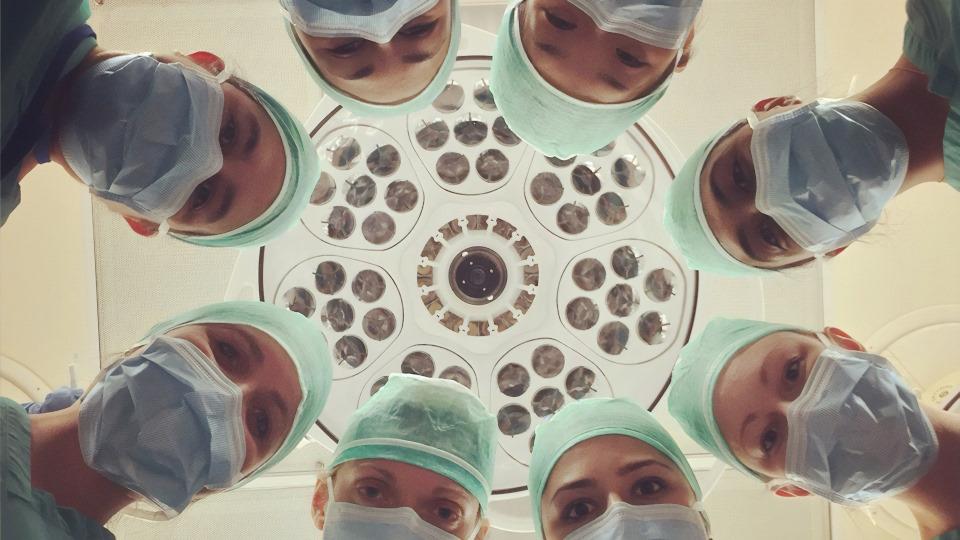AI tech to cut waiting lists rolls out across NHS region

With waiting lists in the UK staying stubbornly above the 7 million mark, the Cheshire and Merseyside Integrated Care System (ICS) in the UK has turned to artificial intelligence to try to bring them down as quickly as possible.
The ICS, one of the largest in England covering nine NHS trusts, recently signed an agreement with C2-Ai to deploy the software across hospitals in the region, after individual trusts reported that it was helping to relieve the burden on busy staff.
C2-Ai’s platform is designed to prioritise patients for elective treatment, clear the backlog of those people waiting more efficiently, and provide support for patients while they are on the waiting list, recognising that some patients may become increasingly unwell while they wait for an appointment.
At its core is an AI that identifies patients who are at high risk of deterioration as a result of the delay, drawing on data that may not be obvious from the standard information gathered by healthcare teams.
The system identifies those “hidden-risk” patients and suggests specific actions for clinicians to help them, including a pre-habilitation programme – called ‘Waiting Well’ – that aims to support some of the most vulnerable.
It also suggests priority scoring to surgical teams and provides insight into where best to treat patients within the ICS.
The decision comes after a report published last week found that 578 people died while on a waiting list to receive treatment from Mid Cheshire Hospitals NHS Foundation Trust last year. Around a third of them had been waiting for longer than 18 months.
“This is an entirely different way of working, helping us to identify and prevent risks becoming reality for many patients,” commented Professor Rowan Pritchard-Jones, medical director for NHS Cheshire and Merseyside.
“Our use of AI as a tool to help prevent harm has the potential to enable some of the biggest changes in 75 years around how waiting lists are safely managed in the NHS,” he added.
C2-Ai’s platform has been rolling out in various hospitals in the ICS since 2020, but this is the first time that it has been adopted across an NHS region.
An NHS England assessment of the first 125,000 patients to be managed through the system found a two-thirds reduction in the need for intensive care unit (ICU) admission for the highest-risk patients, 125 bed days saved for every 1,000 patients on the waiting list, an 8% reduction in emergency admissions, and reductions in avoidable harm.
C2-Ai said that other NHS trusts are starting to replicate the work seen in Cheshire and Merseyside and it hopes uptake of the system “could soon be scaled even further across the NHS.”
Last week, Prime Minister Rishi Sunak said the government’s target to reduce the hospital waiting list in England is in doubt, as the figure approached 7.7 million, claiming that industrial action by doctors was a “significant cause” for the increase.
Photo by National Cancer Institute on Unsplash.













